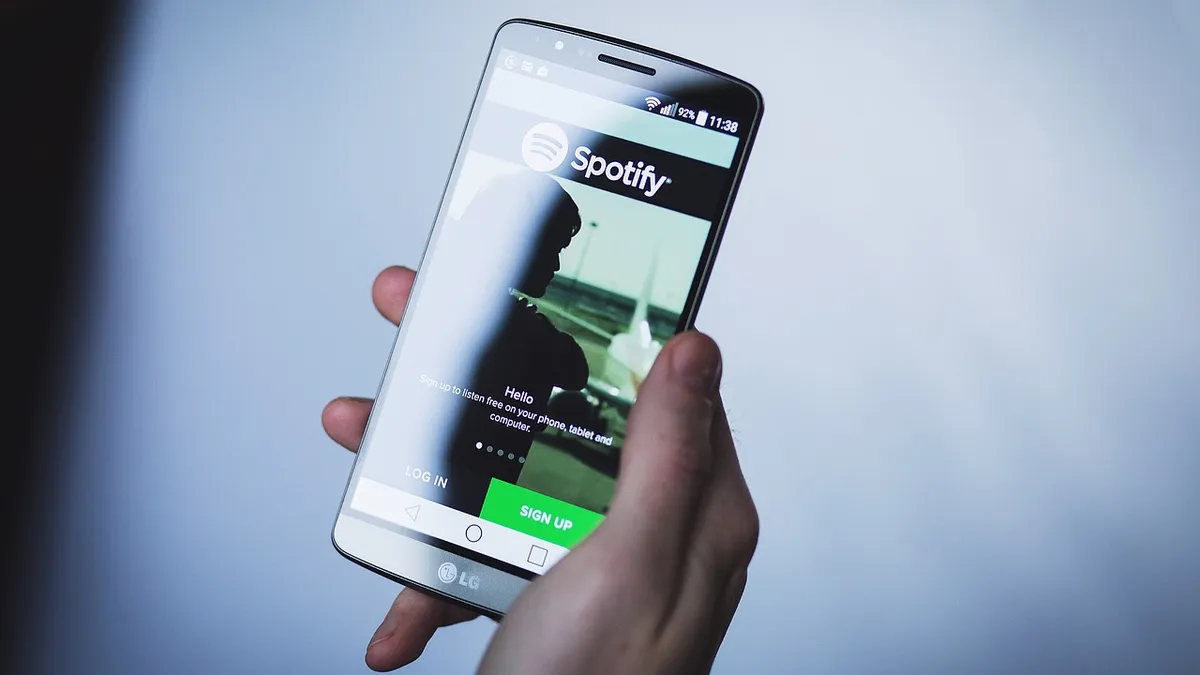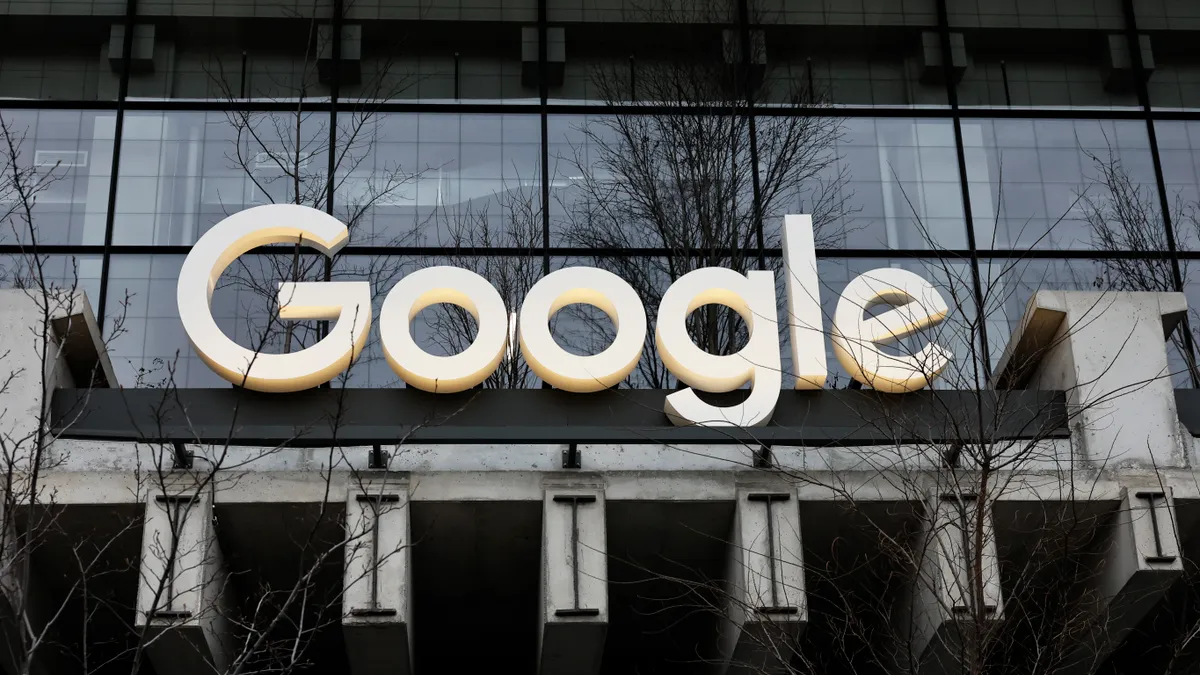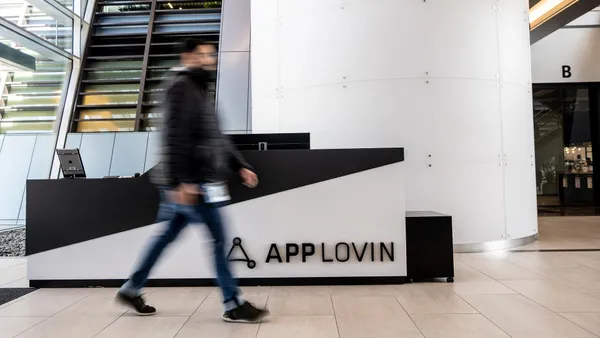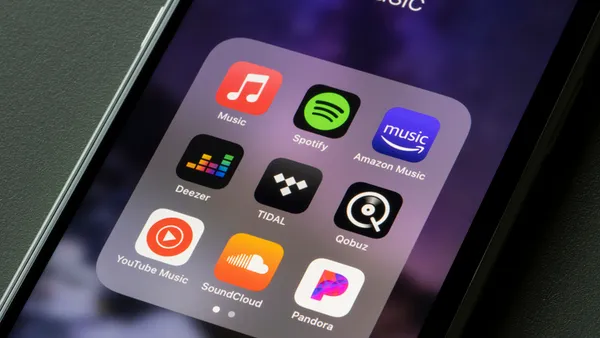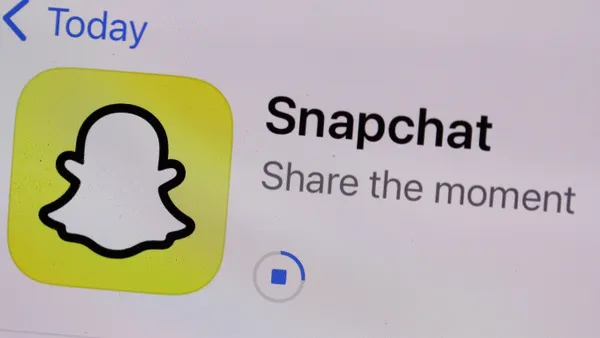Dive Brief:
- Spotify, the music-streaming platform, confidentially filed IPO documents with the U.S. Securities and Exchange Commission late last month, according to an Axios report citing multiple unnamed sources. Other news outlets including Reuters reported the news. The timing of the filing indicates that Spotify is looking for a first-quarter 2018 listing, Axios said.
- By taking the direct listing route, Spotify can avoid parts of the typical IPO process, including the need for an investor roadshow, underwriting by a Wall Street bank or broker and many of the corresponding fees. If Spotify is successful, other startups and tech companies will likely adopt the same approach, indicating that Wall Street, marketers and Silicon Valley will carefully watch this IPO.
- Wixen Music Publishing Inc. this week filed a $1.6 billion lawsuit against Spotify, alleging copyright infringement. It remains unclear how the suit will impact Spotify's plans for direct listing, besides the need to add the suit to its confidential documents submitted for IPO.
Dive Insight:
The Spotify news, if confirmed, shows the music-streaming provider looking to avoid some of the pitfalls and expenses that have hindered technology startups trying to retain positive momentum heading into and out of past IPOs. Last year, marketers carefully watched two IPOs that ended up being largely disappointing: that of Snap Inc., maker of the embattled Snapchat video messaging app, and Blue Apron, a meal-kit company that has, in the time since going public last summer, shed significant portions of its workforce and customers amid business struggles.
The direct listing process means Spotify will not be raising capital, but it will begin trading shares and allow shareholders and others to gain liquidity. The process will not be tied up by underwriters and doesn't dilute existing shares. While the preparation and required forms and documents are the same for an IPO filing, a direct listing lets companies avoid a two-week roadshow where management meets with investors. This has prompted some experts to say the risks of a direct listing overshadow the rewards, but the rewards could be considerable and, as Axios noted, might change the way startups approach IPOs more broadly.
Until recently, direct listings were only available to small companies. Last year, the SEC expanded its Jumpstart Our Business Startups (JOBS) Act to allow companies of any size to file a draft IPO registration confidentially before publically unveiling financials. Spotify, valued at $19 billion last year, according to Reuters, would be the largest company to carry out a direct listing for IPO.
Spotify is the largest music streaming company globally. Last year, it had more than 140 million active users, according to the Reuters report, and more than 60 million paid subscribers — 2x as many as its closest rival Apple Music. Ahead of its possible IPO, Spotify has been acquiring more and more companies as it builds its content library and expands its technological capabilities. With the recent acquisition of Soundtrap, an online music studio startup, Spotify will have the capability of providing recording software for musicians and podcast producers.


